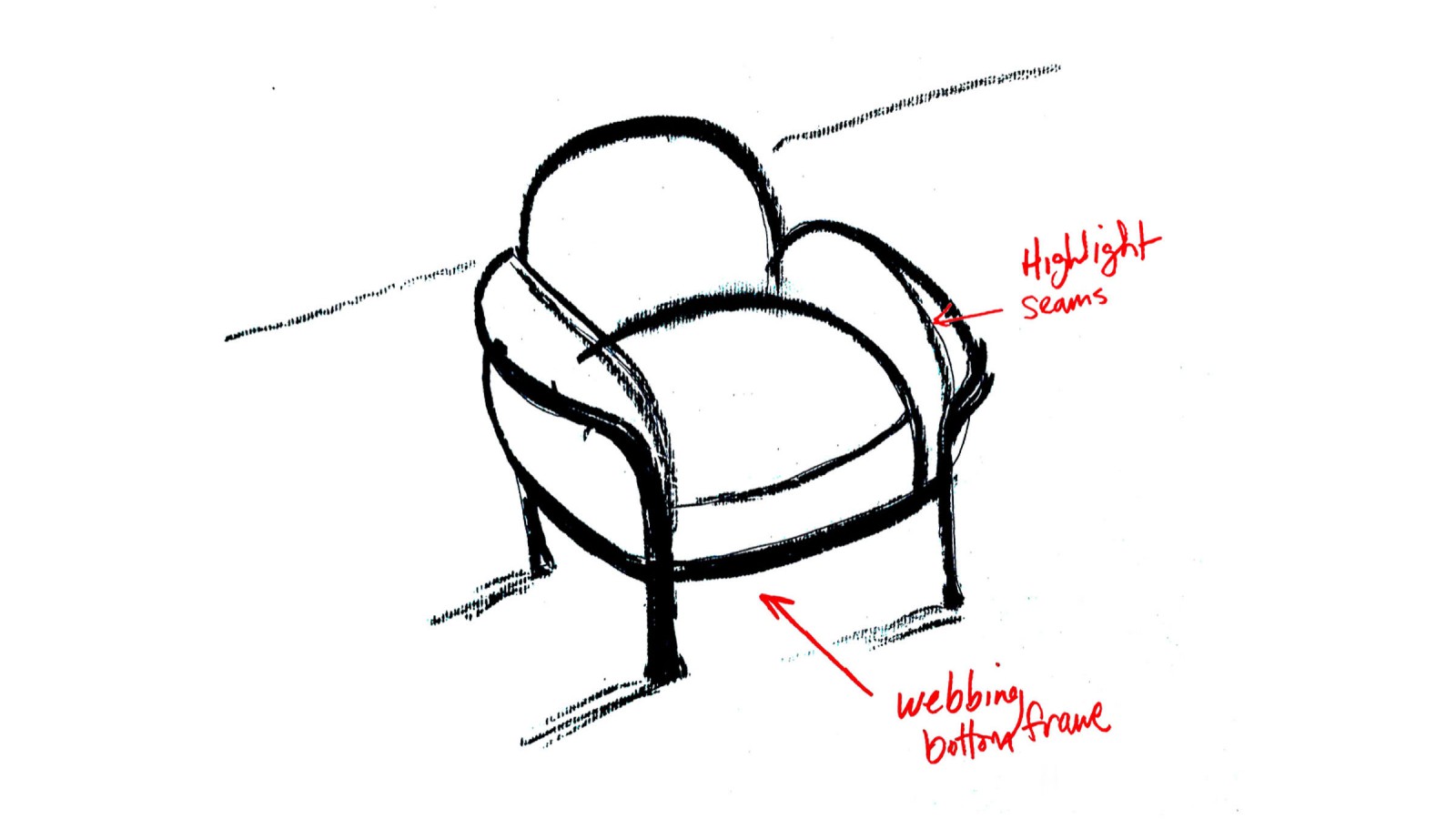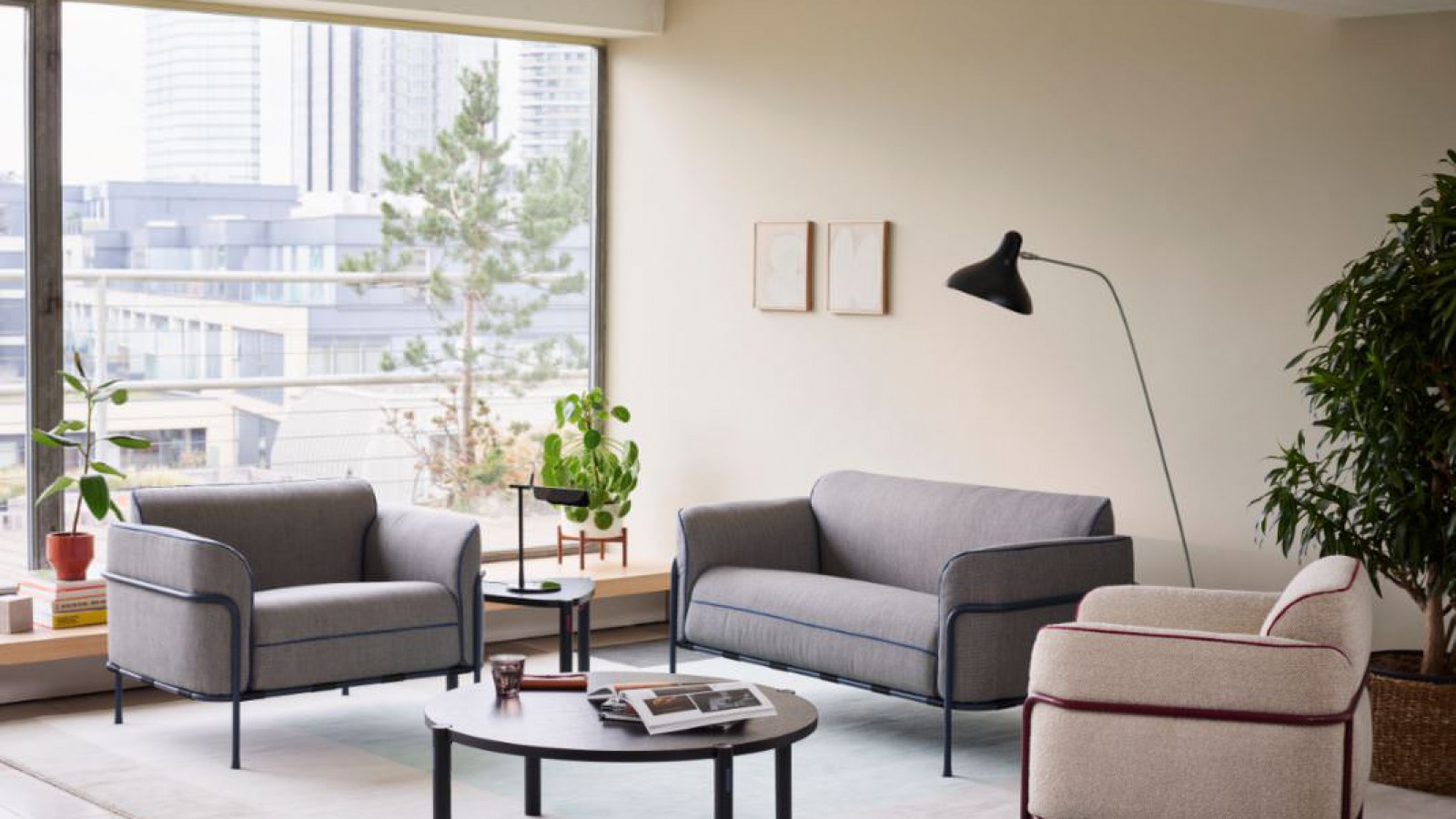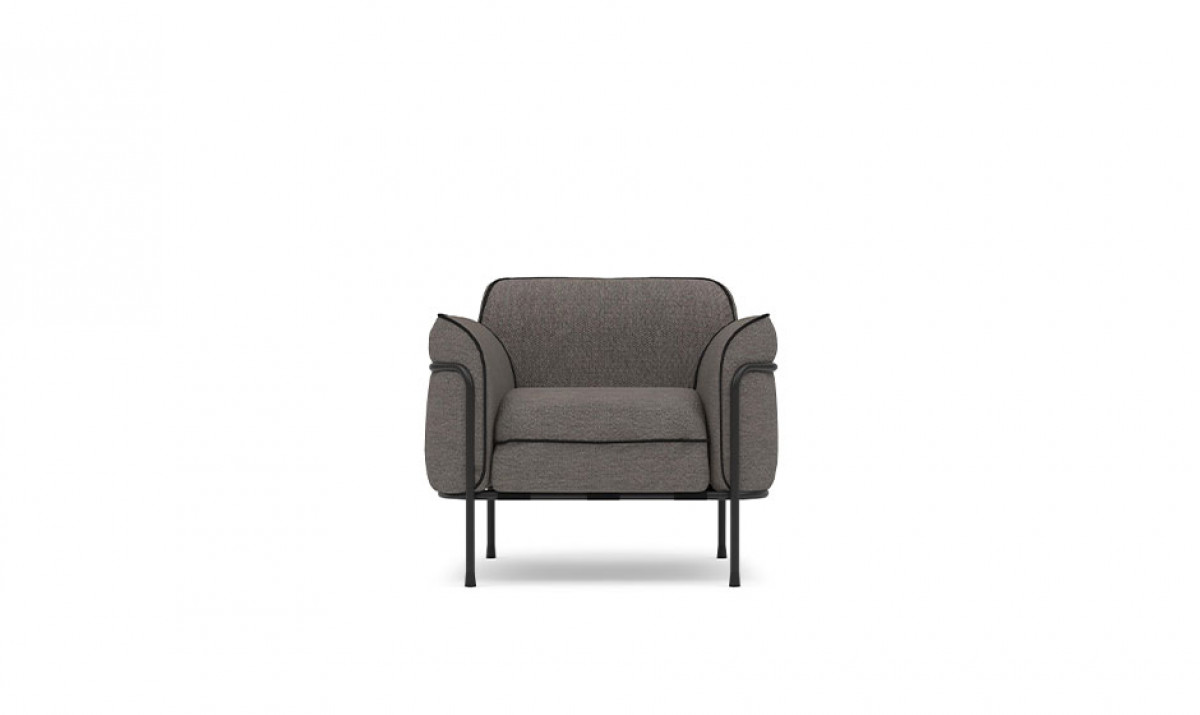Clara has been designed to have an exceptionally long life-cycle and to be easily remanufactured at end of life. This, more circular way of working comes at a time when recent and ongoing events have forced us all to rethink our attitudes towards consumption and production and look at alternatives to the traditional linear model of production.
Terri Pecora Q&A
Clara addresses the need for seating that can be repaired again and again and split into its simple components for refurbishment or remanufacture, where would you like to take your next product in terms of greater sustainability?
It’s not easy for designers to work on sustainability without a manufacturer behind them. That’s because sustainable materials are often not easy to access and/or might be more expensive than what is ‘normal’. Also, many manufacturers simply don’t think it’s their responsibility to move in this direction or make changes within their own companies. I, as a designer, am trying to be more active in my research too. I was really happy with the brief MODUS provided, because I believe very strongly that we must ALL do more, very quickly to amend our life styles and buying habits.
In the Zoomterview with Grant Gibson you asked the question – “What can we do in the future that will give the world a chance?” In the light of climate change, what product would you like to design that would fit a circular (or doughnut) economy?
I am continually shocked over people’s disregard towards recycling, so one idea might be better systems/communication/methods for this in domestic and work spaces to try to invite more responsibility. Another area would be portable food and beverage containers. Millions of people eat outside of their homes each day and usually do so with disposable plates and utensils. We need to bring our own reusable ‘tools’ with us each day, i.e. water bottles, and have a place to fill them up easily. We also need restaurant and stores who provide ready made food items in bulk instead of singly wrapped everything. Again, it’s not just a product but a system overhaul which is needed. The list goes on and on, I’m making myself stop right now!
The carbon impact of travel (international and domestic) is a huge cost of the design world in terms of events and fairs, how do you think Milan and other trade fairs will respond to the pressing demands of climate change?
I want to apologize if I seem insensitive to people who work in trade fairs and the travel industry, but I wish we could eliminate all trade fairs once and for all. They are completely out of sync with today’s problems of pollution versus sustainability. Having said that, we will find new ways, as has already happened since our backs were slammed against the wall in mid February (when the virus hit Europe). We have seen that we actually CAN do things in a different way, and we might even be better off for it. New jobs can and will be created to deal with new sustainable directions and make up for redundant jobs in less relevant sectors.
How do you think a greater representation of women in design might bring positive benefits to our planet or societies?
Women are multi-taskers and natural-born problem solvers, as well as being emotionally intuitive, and to me, that’s a pretty good description of a good designer. Society and businesses need to keep enabling structures and support systems (i.e. maternity leave and child care) and job opportunities to women so they can continue to grow in the work place and show what they are capable of through their positive achievements. And women need to keep fighting for themselves, searching for their own solutions to the complex issue of childrearing, domestic relationships and self expression.
What role do you think design could have in developing more responsible patterns of behaviour?
Design offers a vision for the future through functionality and beauty and can propose new ways of doing things. It can communicate. So I think design does have a fundamental role for the future of personal behaviour. What I am thinking about more and more often myself is buying less but buying better. From everything like responsibly raised food products to the chairs I sit on!
Terri Pecora
Terri Pecora





